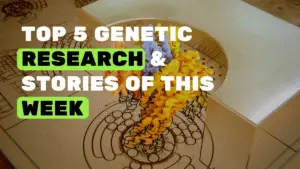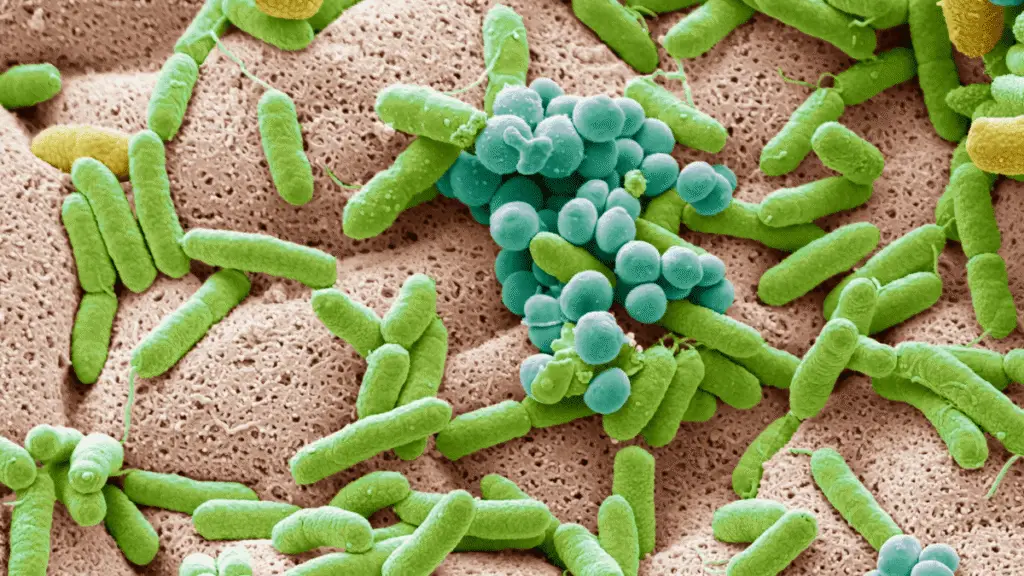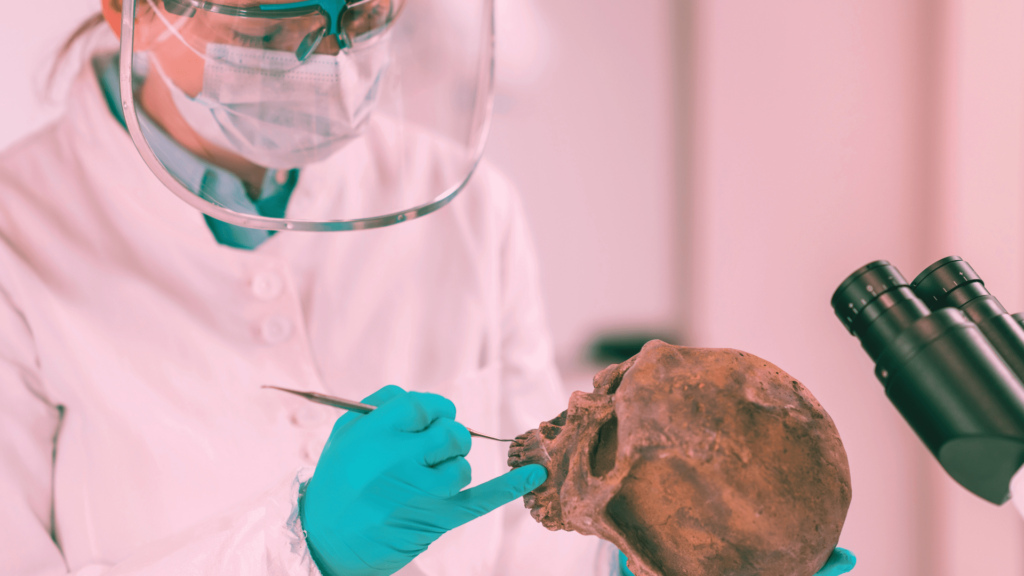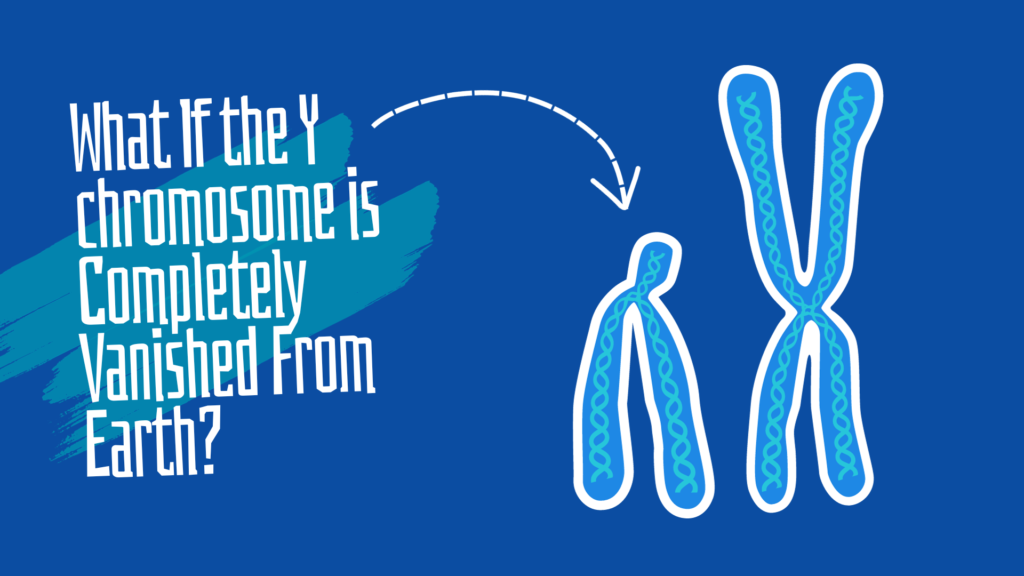An article published in Nature on 14 July 2025 by Heidi Ledford showed progress in cancer treatment, which surfaced the fact that antibiotics could really weaken cancer treatments.
Antibiotics are an effective weapon, in recent times, against infection and various ailments. The overuse of antibiotics and resistance development, though, is an emerging concern, but it’s still an un-optioned medical treatment routine.
However, antibiotics not only neutralize the infection but also harm beneficial gut microbiota. Multiple studies, including Patangia et al (2022), have shown that antibiotics reduce the microbial strength in our gut and cause side effects.
Interestingly, recent studies have also demonstrated that it can weaken cancer treatment.
Studies on mice explained that a bacterium present in the human gut significantly increases the efficiency and activity of several anticancer drugs. Nishikawa H, an Immunologist at the National Cancer Centre in Tokyo and his team has identified a new strain of Hominenteromicrobium mulieris that improves cancer therapy outcomes.
The bacterium Hominenteromicrobium mulieris was discovered just recently (three years ago). It requires a low oxygen level and a nutrient-rich environment in the human intestine.
The team has analyzed the faecal samples from 50 patients given the cancer therapy- immuno checkpoint inhibitors, which block a specialized protein known as the “checkpoint protein” that prevents immune cells from attacking the cancer.
They found excellent results. But how did they do it?
They collected the faecal samples from patients who responded well to the therapy and patients who did not. And transplanted into mice with a tumor. Guess what?
Mice transplanted with the FMT (Faecal microbiota transplant ) from the patients who responded well to the cancer therapy also showed an outstanding response. Later on, their further investigations found H. mulieris as a potent agent that helped improve the therapy performance.
Previous studies also evidence the significant role of gut microbiota in cancer therapy; however, this present research discovered a specific bacterium among millions (Zhao et al., 2023; Xu et al., 2025).
Our gut microbes improve cancer treatment and effectiveness by improving the immune response, reducing resistance and interacting with the microbes found in the cancer, if any.
Nonetheless, widespread and overuse of antibiotics is an alarming threat to the patient. Antibiotics destroy our gut microbiota and so the good bacteria. Meaning, it could weaken cancer treatment.
Studies also showed that patients who take antibiotics during the cancer (immuno-checkpoint) treatment have worse outcomes.
Cancer is spreading fast and is the most emerging threat to the World. The least therapeutic achievements and available treatments are the major limitations of our fight against cancer.
The current study suggests that enhancing gut health and microbial diversity can improve cancer treatment outcomes — though this potential remains vulnerable to disruption by antibiotics.
- Lord Birsa Returns: Meet A CRISPR-Based Gene Therapy BIRSA 101

- An Expert Explains Why the 385-Million-Year Symbiosis Between Corals and Algae Is At Risk

- Newsletter 11: Top 5 Genetic Research and Stories of This Week 4

- Newsletter 09: Top 5 Genetic Research and Stories of This Week 2

- Your Eyes Age Faster Than You- Here is Why

Sources:
- Patangia, D. V., Anthony Ryan, C., Dempsey, E., Paul Ross, R., & Stanton, C. (2022). Impact of Antibiotics on the Human Microbiome and Consequences for Host Health. MicrobiologyOpen, 11(1). National Library of Medicine. https://doi.org/10.1002/mbo3.1260.
- Zhao, L.-Y., Mei, J.-X., Yu, G., Lei, L., Zhang, W.-H., Liu, K., Chen, X.-L., Kołat, D., Yang, K., & Hu, J.-K. (2023). Role of the gut microbiota in anticancer therapy: from molecular mechanisms to clinical applications. Signal Transduction and Targeted Therapy, 8(1), 1–27. https://doi.org/10.1038/s41392-023-01406-7.
- Xu, Y., Gao, Z., Liu, J., Yang, Q., & Xu, S. (2025). Role of gut microbiome in suppression of cancers. Gut Microbes, 17(1). https://doi.org/10.1080/19490976.2025.2495183.
- Ledford, H. (2025). Found: a human gut microbe that makes cancer therapy more effective in mice. Nature. https://doi.org/10.1038/d41586-025-02224-3.


